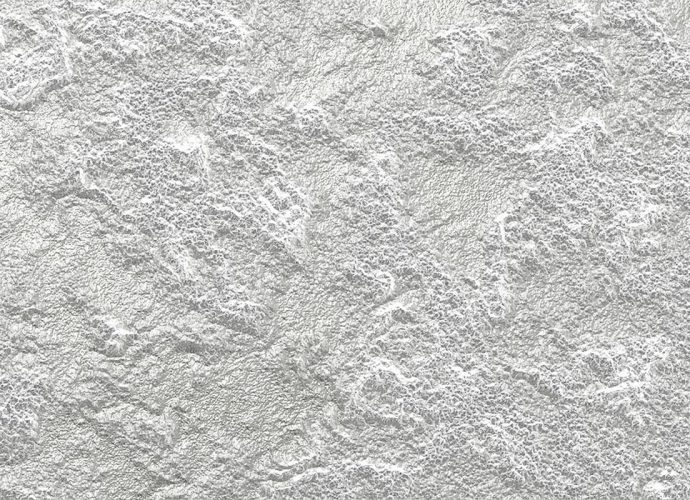Can I Concrete My Backyard?
Demolishing concrete may seem like a daunting, expensive task but depending on the size and thickness of your slab, you might be able to tackle the project on your own. According to Yuka Kato at Fixr, the cost to have a professional remove a concrete slab varies based on theRead More →









